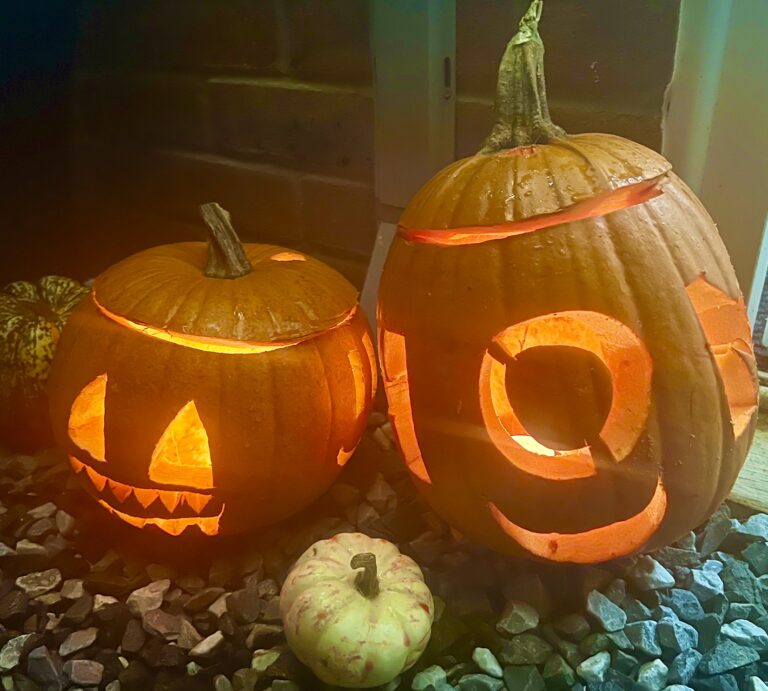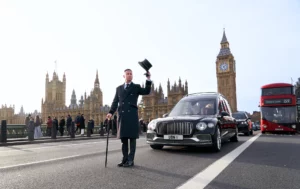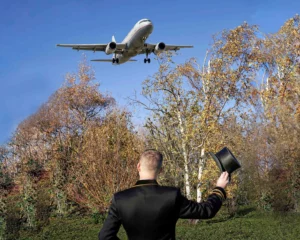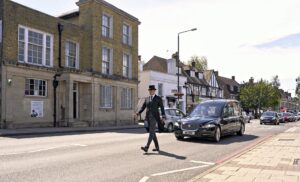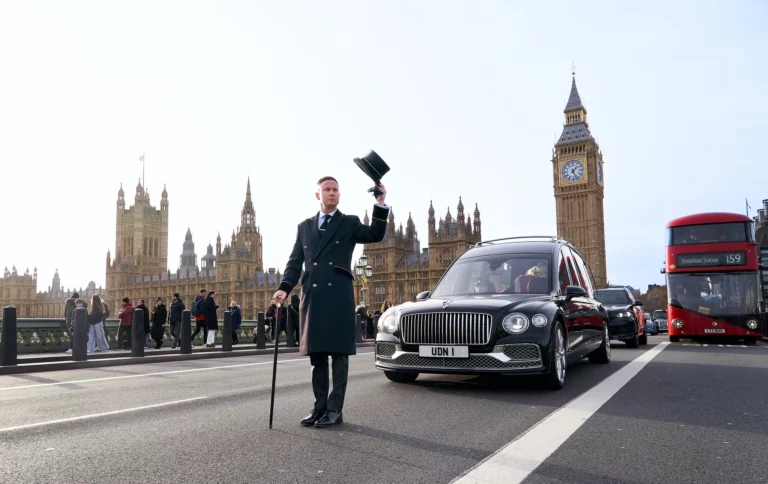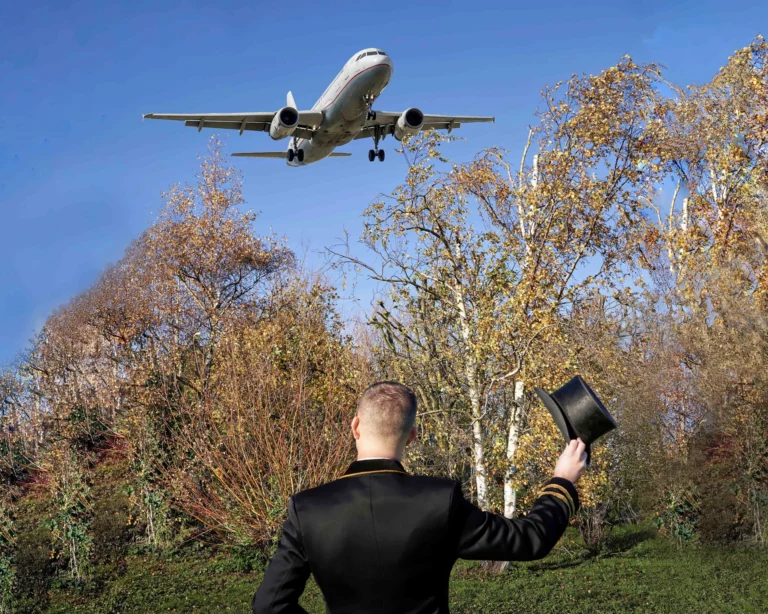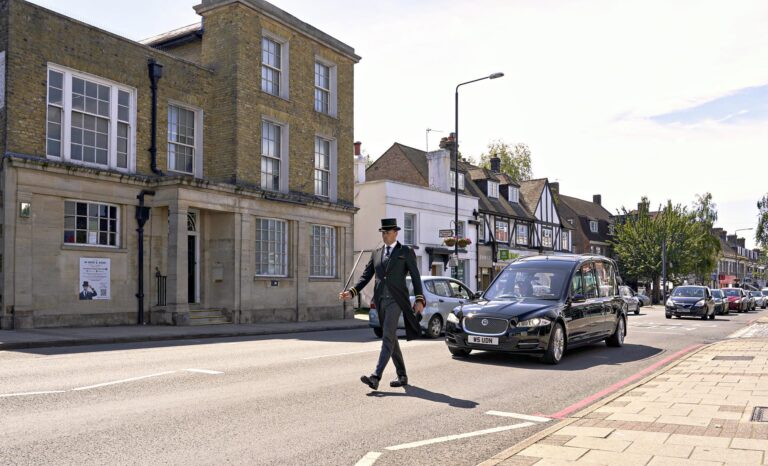There are varying theories as to where All Hallows Eve or Halloween is derived, but the majority seem to favour the Christian traditional celebration of remembering and honouring the deceased at the start of ‘Allhallowtide’, which begins on 31 October. No matter where it began, many families across the world have adopted some variation of this tradition, not necessarily for its religious background but to have fun; dress up, have parties, go trick-or-treating, and generally be as ‘spooky’ as possible and enjoy some treats. However, there’s a darker side to Halloween that involves stories of ghosts, zombies, and fear of the deceased. While these spooky tales can be entertaining for some, it’s important to consider whether frightening children with stories of the deceased is a good idea. If I’m honest I’m on the fence with this one really. Although I love the idea of using Halloween as a great excuse to have some spooky fun, I think that we should tread very carefully, so as not to make our children frightened of the deceased. The harsh truth is that one day, we are all going to have to experience the loss of a loved one, and portraying a person that has sadly passed away as something that may harm you doesn’t really seem like the best idea to me!
Children are still developing their emotional understanding and coping mechanisms. Exposing them to frightening stories about death can lead to a real fear of those that have passed away and can possibly make them associate dying with something that’s scary, rather than the passing of a loved one and a celebration of their life. Frightening stories about the dead can also blur the lines between fiction and reality, making it harder for children to grasp the seriousness and finality of death when it’s time to discuss it. There is also a discussion to be had as to whether cemeteries should be portrayed as a scary place, because for many, visiting their loved one at their place of rest can be a place of solace and remembrance.
On the flip side, lots of children and adults alike take a lot of enjoyment from being scared and being made to jump, but that doesn’t necessarily have to be at the expense of the deceased. So the questions that perhaps we all ought to ask ourselves are…. Do we encourage creative, non-frightening activities like pumpkin carving, costume contests, and safe trick-or-treating? Focus on the fun, lighthearted aspects of Halloween to create positive memories? Or do we go down the ‘fright night’ route but avoid the emphasis on being frightened of the deceased and make sure that young people aren’t frightened that their loved ones may turn into something malevolent once they pass away, or do we continue to make dead bodies scary?! I guess everyone has their own choice to make…
In conclusion though, what I certainly do believe is that educating our children about death and the celebration of a life is very important, not necessarily for schools, but as a personal choice for families. It can help a child that is suffering a loss to already have had knowledge of the circle of life, and I hope that one day as a society we’re in a position to not be frightened of the deceased, and that we can perhaps adopt ‘day of the dead’ type celebrations that other countries celebrate… but that’s for another blog.
Love always,
Matthew Uden.

